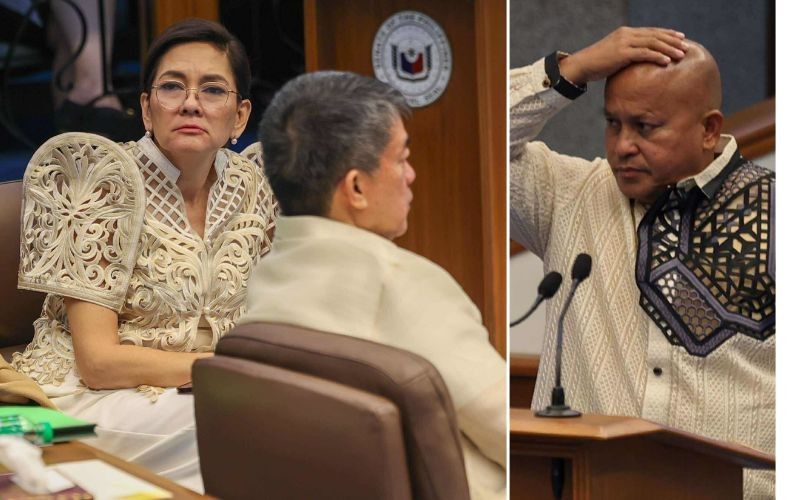
Upgrade to High-Speed Internet for only ₱1499/month!
Enjoy up to 100 Mbps fiber broadband, perfect for browsing, streaming, and gaming.
Visit Suniway.ph to learn
The Supreme Court ruled in favor of the government agencies, upholding their authority to implement the fixed tariff system under the Renewable Energy Act of 2008.
Getty Images Pro / Metamorworks via Canva
MANILA, Philippines — Three government agencies have the authority to determine how the fixed tariff system for renewable energy is implemented under the Renewable Energy Act of 2008, the Supreme Court said.
In its 118-page decision promulgated on Aug. 13, 2024, the high court upheld Sections 6 and 7 of Republic Act 9513, also known as the Renewable Energy Act of 2008.
The ruling confirmed the authority of The Department of Energy, Energy Regulatory Commission (ERC) and National Renewable Energy Board (NREB) to manage key mechanisms promoting renewable energy development. This would include the Renewable Portfolio Standard and the Feed-In Tariff–or FIT–System.
The court supported Section 6 of the law, which mandates power suppliers and distribution utilities to source a minimum portion of their electricity from renewable sources. The specific percentage is determined by the NREB under the RPS framework.
It also upheld Section 7, which establishes the FIT System. This system incentivizes renewable energy developers through fixed tariff payments and priority grid connections. Additionally, the court validated ERC resolutions concerning FIT rates and their implementation.
The petition
The legality of these provisions and their implementing resolutions had been challenged by several individuals and groups.
Petitioners argued that Sections 6 and 7 were overly broad and lacked sufficient standards, resulting in an unconstitutional delegation of legislative powers to administrative agencies. They claimed this risked abuse of discretion.
The petitioners also opposed the advance collection of the FIT Allowance—a separate charge on consumer electricity bills used to fund renewable energy projects—arguing it violated due process as it was implemented without prior notice, hearings, or public consultations.
They contended that such collections were unauthorized because they occurred before renewable energy generation or delivery.
The ruling
The Supreme Court ruled in favor of the government agencies, affirming a prior Court of Appeals decision. It stated that RA 9513 is complete and provides clear standards, making the delegation of legislative powers to administrative bodies valid.
The court explained that while Congress cannot generally delegate its legislative powers, it can authorize administrative agencies to create rules and set rates in technical areas requiring specialized expertise.
On the issue of advanced FIT Allowance collection, the court found it lawful, emphasizing that while FIT benefits are tied to actual renewable energy production, collecting funds beforehand ensures financial viability for renewable energy initiatives.
“The policy is meant to accelerate the exploration, development, and use of renewable energy resources by establishing and institutionalizing the necessary infrastructures and systems,” read part of the ruling.
“We rule that the Energy Regulatory Commission acted within the bounds of its delegated power in providing for the advanced collection of the FIT Allowance from consumers in the FIT Rules, FIT Guidelines, and its orders implementing the FIT System,” it added.

 2 months ago
19
2 months ago
19




